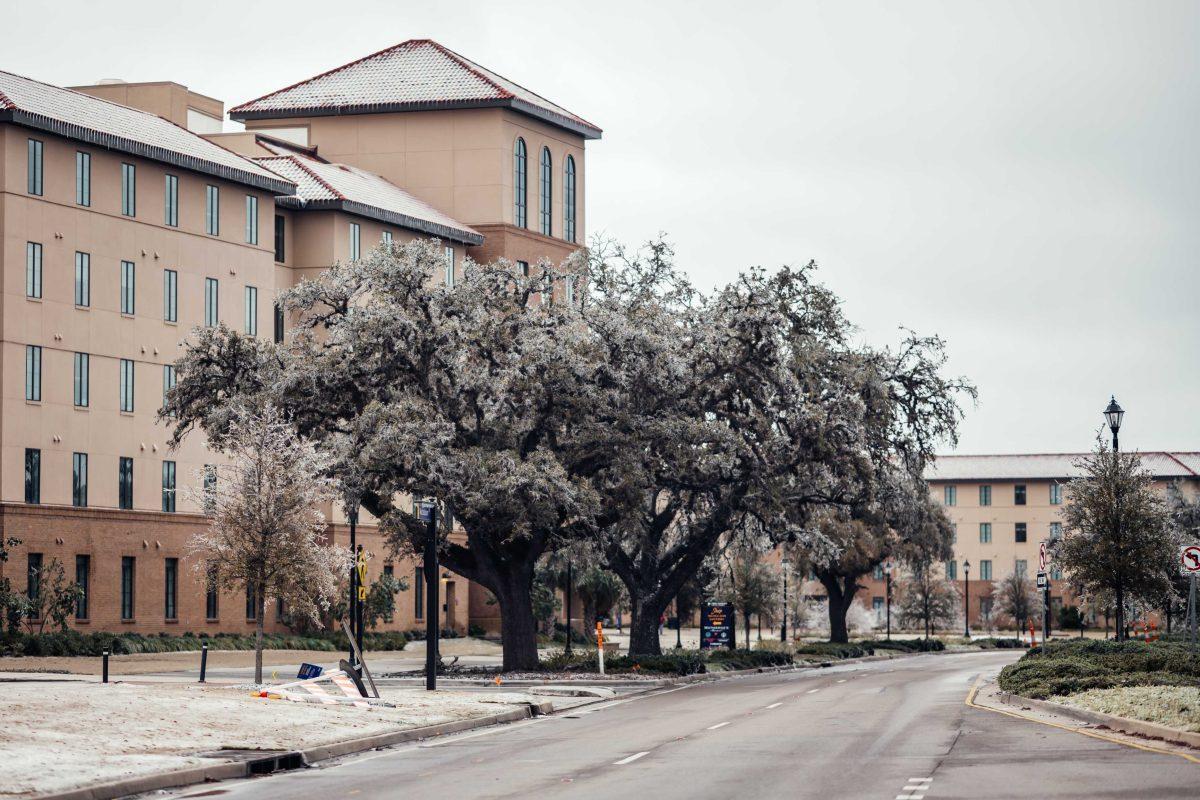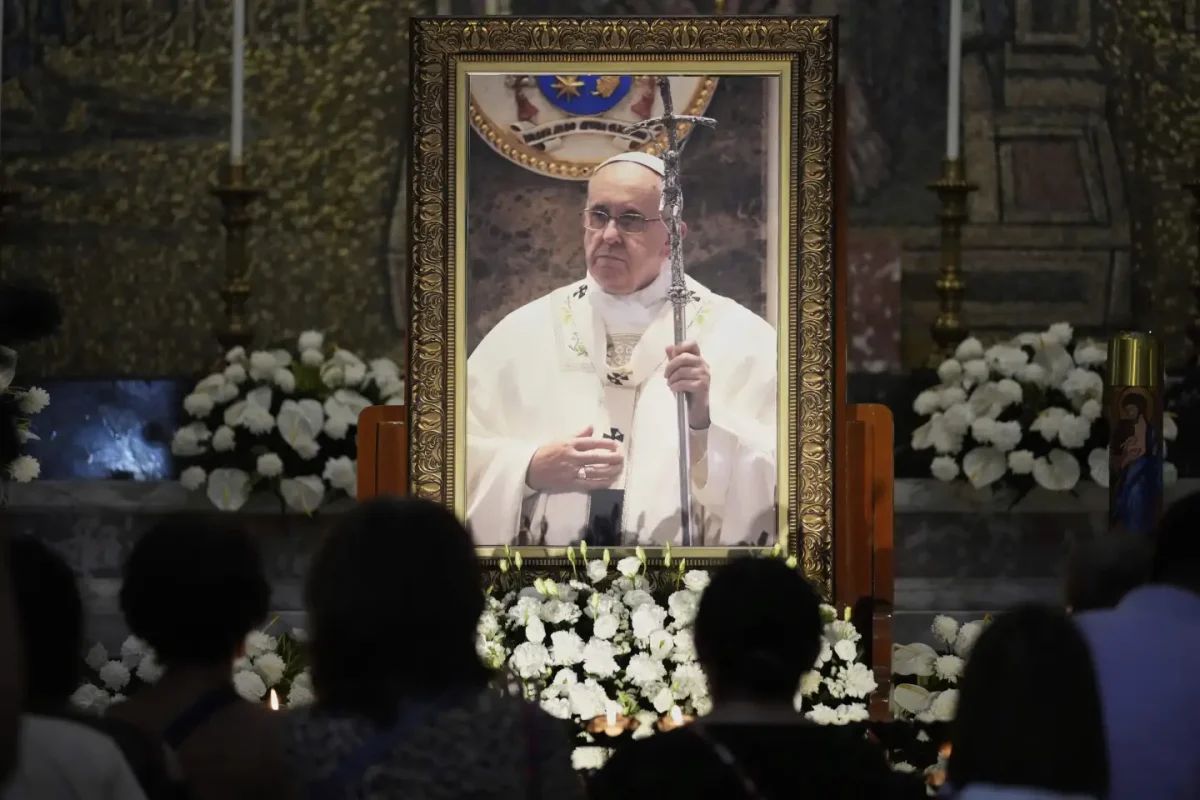This year, the week of Mardi Gras was distinctly different than in years prior.
Over 37,000 Louisiana residents were left without power and forced to brave the freezing temperatures that gripped much of the Deep South amid the winter storm. Many residents found themselves without running water due to burst or frozen pipes. As Baton Rouge faced one of the longest freezes in its history, a number of students in Nicholson Gateway Apartments and Greek housing lacked power or heating.
Following this draining week, the University announced changes to the academic schedule to compensate for the days of class lost to the storm. These changes added four make-up days: Saturday, March 6; Friday, March 12; Thursday, March 25; and Saturday, April 10.
This decision eliminated virtually all breaks left in the Spring semester — with the exception of the Good Friday Holiday on Friday, April 2.
While makeup days are necessary — the University has to reach a certain number of class days to stay accredited, after all — another alternative would have been preferable. The University typically holds finals the first week of May anyway; keeping with this tradition rather than shooting for an early release would have allowed the University to maintain some of the previously scheduled breaks and perhaps add additional ones.
It’s important to note frustration with the 2021 Spring academic calendar was already high before these cancelations. Breaks were few and far between, and students felt burnout looking at weeks of Zoom classes. Now, there are virtually no breaks left for this semester — in fact, we now have several short weekends in place of long-weekends. It’s no wonder students feel fatigued and frustrated.
Trust me, I’m glad I’m not the one that has to make these calls. As Vice Provost Matthew Lee expressed to The Reveille, there is much to weigh and consider, and there will always be people that are unhappy, no matter what.
That being said, these breaks aren’t as dispensable as the University is treating them, and the administration should prioritize finding some way to save them. Winter storm aside, this past year has been nothing like we’ve ever experienced.
As students celebrated Mardi Gras last year, few could have predicted they would soon be sent home as a pandemic captured the globe. Months of isolation, financial strain and health worries were to come. Millions in the United States crashed into poverty and hunger.
Almost a year after the onslaught of the coronavirus in the U.S., the nation reached the somber milestone of half a million coronavirus-related deaths.
Navigating college through all this tragedy is undoubtedly taking its toll on students. Online learning is not a fit for everyone. Trying to focus on classes while living through historically hard times and dealing with personal struggles poses a new combination of challenges.
Science is beginning to understand how constant Zoom meetings and virtual interactions are affecting our psyche. Researchers explain much of human connection relies on nonverbal cues and body language, most of which gets eliminated in these video conferencing environments, leaving our brains reeling.
A phenomenon psychologists refer to as “continuous partial attention” is also common to this new era. It feels like we’re constantly doing a million things at once, and yet getting nothing done at all.
The science also points to the importance of time off. A day off is a necessary remedy for feelings of burnout and heightened stress or anxiety. Taking time off has been shown to have positive effects on health and mental well-being; there has been perhaps no time when it’s been more important to prioritize our physical and mental health.
This semester has been an enormous challenge for students. A break from this stress is not only deserved but necessary. The University must put the well-being of students first and reinstate breaks to the Spring semester, one way or another.
Claire Sullivan is an 18-year-old coastal environmental science freshman from Southbury, CT.






